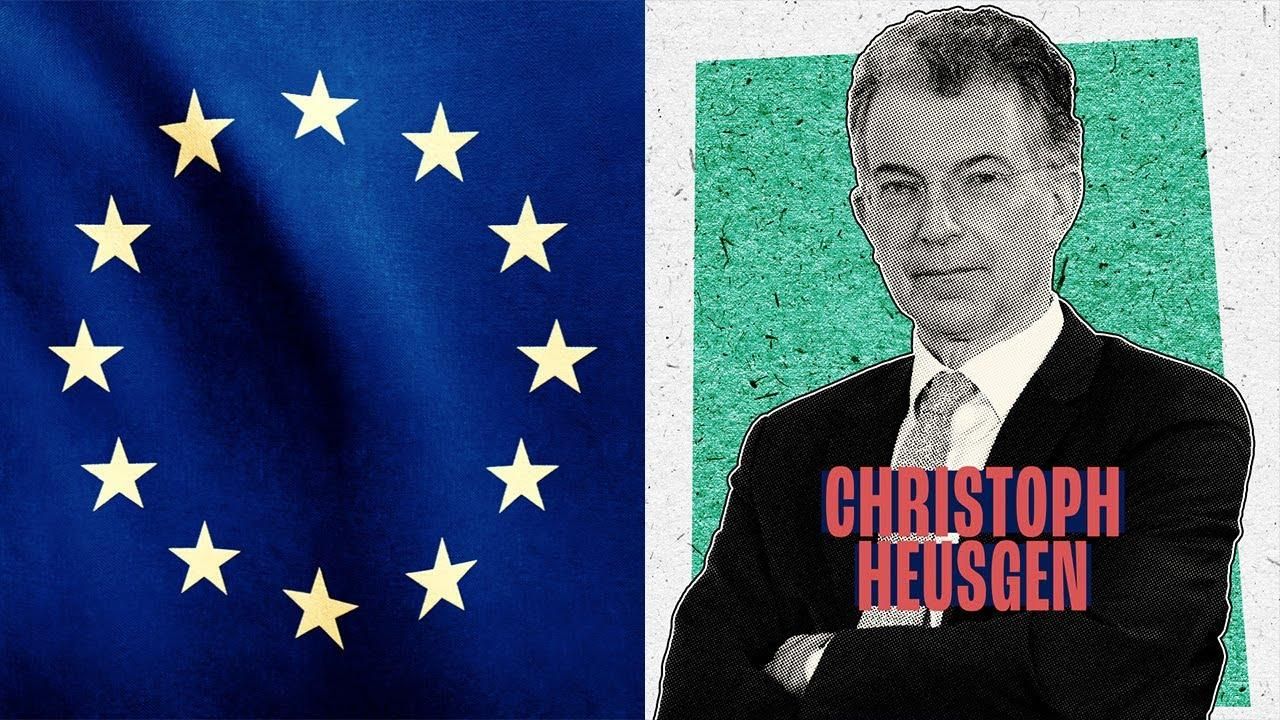
Winter is coming and for Europe, a bleak winter it may be.
The escalating Russia/Ukraine war has united European support to Kyiv’s cause, but it’s also brought a plethora of economic, political, and social challenges. Inflation, a sinking Euro, and the possibility of an energy crisis brings to question just how long Europe’s support for Ukraine will last?
On GZERO World, Ian Bremmer speaks with German diplomat Christoph Heusgen, who served as his country’s ambassador to the United Nations and is now chairman of the Munich Security Conference.
His take on the war in Ukraine? Vladimir Putin grossly miscalculated Ukrainian resolve and the war is going badly for the Russians.
Even so, Putin is determined to see the war through, committing crimes against humanity along the way. On Germany’s relationship with China, Heusgen questions Olaf Scholz’s meeting with Xi Jinping, voicing concerns about the danger of entering a relationship with a country known to use economic leverage for political gain.